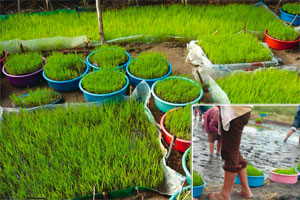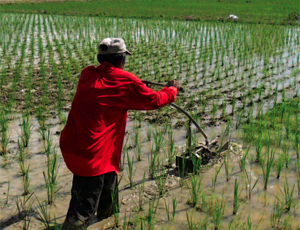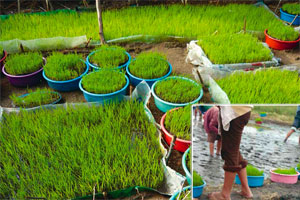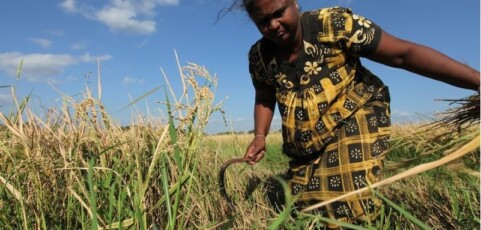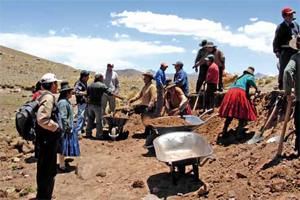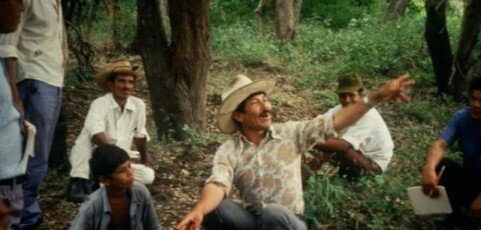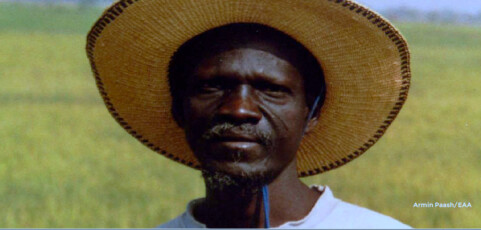The Canastas Comunitarias, a movement started by families to address their concerns over food prices provides a clear example of an approach that highlights the importance of showcasing peoples’ experiences as an inspiration for social change. Read more
¿Loco? ¡De ninguna manera!
Aunque difícilmente se alcanza lo suficiente para satisfacer la demanda nacional, la producción de arroz en el Perú es alta, lo que refleja un sistema de producción aparentemente eficiente. Read more
El Sistema Intensivo del Cultivo de Arroz (SICA)
Read MoreEl SICA orgánico en Colombia
Colombia es un país que depende del arroz para su seguridad alimentaria y cuenta con una población que se estima en más de 45 millones, cuyo consumo de arroz se calcula en cerca de 40 kg por persona al año. Read more
Crazy? Not at all!
Although hardly enough to meet the national demand, rice yields in Peru are high, reflecting an apparently efficient production system. Working together with other farmers, and not always with the national research and extension system, farmers’ initiatives are showing that a much more efficient way is possible.
Tipping the Balance: Policies to shape agricultural investments and markets in favour of small-scale farmers
A recent wave of large-scale land acquisitions and other commercial investment in agriculture has raised concerns that small-scale producers are being marginalized. This report takes a new look at the role of public policy and market governance in ensuring inclusive sustainable development. It also foucses on elements that can contribute to gender-equitable results. Four country case studies, conducted in Guatemala, Nigeria, Tanzania and the Philippines supports this work.
Dams and alpacas in the Peruvian Andes
In addition to severe losses in the mountain soil’s fertility, climate change is easily visible in the Peruvian Andes: the glaciers which feed all the rivers, and the snow on the mountaintops, are noticeably getting smaller, less and less water is flowing down into the valleys. The water harvesting approach is proving susccessful to cope with this problem and strenghthen local organizations.
Measuring farmer’s agroecological resistance in the wake of Hurricane Mitch
This study, published in 2001 by IIED, is the outcome of a participatory action research carried out in cooperation with the Campesino a Campesino, a farmer-led sustainable agriculture movement in Latin America. It compares the sustainability of conventional to agroecological farms after Hurricane Mitch, covering 360 communities of smallholders from southern Nicaragua to eastern Guatemala.
Nourishing the World Sustainably: Scaling Up Agroecology
The paper contains 12 different case studies and chapters on agroecology; other sustainable farming methods; agroecology and resilience to climatic changes; evidence of the food security potential of agroecological systems; the scaling up of agroecological innovations, with challenges and opportunities; the approaches that can be used for scaling up agroecology ; conclusions and way forward.
The Real Green Revolution: Organic and Agroecological farming in the South
This report highlights some of the opportunities and challenges of establishing an organic farming movement that “can increase food security, reduce poverty and protect environmental resources” in the Southern hemisphere. Even though the report asserts that government policies are still needed to encourage the extension of organic farming, several positive trends are identified through a number of worldwide case studies.


